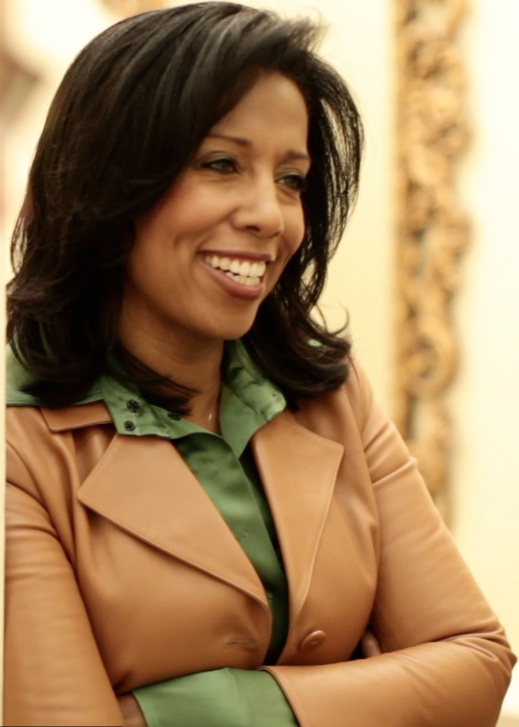A behavioral method first used to save malnourished children in Vietnam might not seem like it has much in common with a television program spurring Americans to lose weight, but it does. They both use the positive deviance approach, a concept that looks at people in a community who have successfully found better solutions to a widespread problem than their peers. These positive deviants, as they are called, are no different from anyone else, with no extra resources or skills, yet they have conquered their challenges better than most in the community.
With obesity becoming such a prevalent problem in our society today, positive deviants can have a great impact on their communities to encourage others that lasting weight loss is possible. The Weigh We Were, which premiered October 30 on Georgia’s Public Broadcasting Service, aims to do that by featuring real weight loss stories from people just like you.
The show was created by Kat Carney, former Consumer Health anchor for CNN Headline News, whose own weight loss story includes weighing 240 pounds 13 years ago before she successfully shed 90 pounds. She started a website hoping to inspire others with weight loss stories, and the television program grew out of that.
“There’s this constant messaging about weight loss that you can’t do it, but I knew you can do it – I did. I put out messages for real life weight loss stories, wanting just 4 or 5, but in the end, 32 people responded,” Carney said.
She said that the stories she heard were all amazing, but they were also surprisingly simple in how they achieved major results. The average weight loss of the participants was 98 pounds. Out of the 32 featured on the show, only two used commercial weight loss programs, while another two had bariatric surgery as part of their regimen to get fit.
Carney said that she interviewed one man who used a simple form of portion control to eat better. He ate all of his meals out of a bowl, only eating as much as would fit in the bowl. Another woman who lost 151 pounds had 7 kids, was in a wheelchair, and was on food stamps, so she couldn’t even afford to buy measuring spoons. Instead, she mentally split her plate in half, put vegetables on half of it and put equal amounts of protein and carbs on the other half.
“I think a lot of people struggling with their weight think the experts don’t understand what it’s like,” Carney said. “How it feels to walk into a store hoping something fits, or get on an airplane and have people avoid your gaze because they don’t want the fat person sitting next to them.”
First and foremost, Carney wants the show to give people a belief that they can achieve their weight loss goals. She wants it to be a positive message in the sea of voices saying that lasting weight loss is too difficult and that most people fail.
“The tools you need are within your grasp. It’s not easy, but it’s achievable,” Carney said.
The Weigh We Were will air six episodes in its first season. Interested participants are encouraged to visit the website, theweighwewere.com, and share their own weight loss stories.
Image Source via gpb.org
Also Read:
Jillian Michaels Announces Return to Biggest Loser
Childhood Obesity Will “Kill Us as a Nation,” Says Dr. Nancy Snyderman
